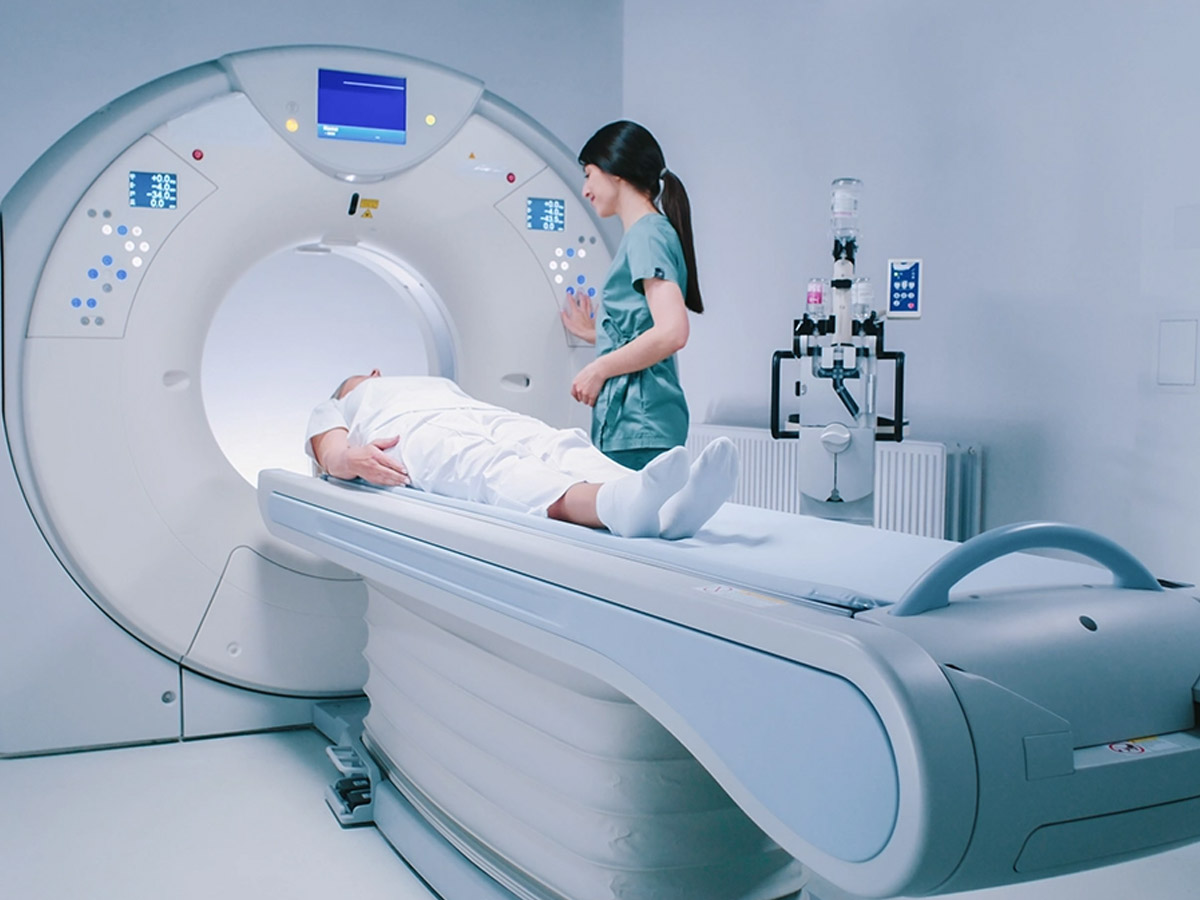CT Scans
A CT scan (Computed Tomography scan) is a powerful diagnostic imaging technique that provides detailed cross-sectional images of the body. It is widely used in medical diagnosis to detect various conditions, from internal injuries to complex diseases.
What is a CT Scan?
A CT scan combines multiple X-ray images taken from different angles and uses advanced computer processing to create highly detailed images of bones, organs, blood vessels, and soft tissues. It is often recommended for diagnosing conditions that are not easily detectable with standard X-rays.
CT scan price in Delhi, We help you find and book CT scan tests at top-rated diagnostic centers near you.
The best CT Scan in Ghaziabad, delivering clear imaging, quick appointments, and transparent pricing. Patients from Muradnagar and Loni can access our trusted CT scan services with expert support and affordable rates. Our facility caters to individuals from Baghpat and Baraut, offering accurate CT scan results through modern equipment and professional radiology reporting. For residents of Govindpuram, R.S. Tomer Foundation provides easy booking options and dependable diagnostic services close to home.
CT Scan Price List
Here is a general price list for different types of CT scans. Prices may vary based on location, hospital, and additional contrast requirements:
NCCT Studies
CECT Studies
* A fee of ₹500 is applicable for patients who
require a CD print of
their CT scan
images.
* Please inform our staff if you require a CD at the time of your scan.
1. Why is a CT Scan Performed?
Doctors may recommend a CT scan for several reasons, including:
- Detecting tumors, infections, or internal bleeding
- Evaluating bone fractures and joint problems
- Diagnosing lung diseases and heart conditions
- Planning and guiding surgeries or treatments
- Identifying blood clots, strokes, and other vascular issues
- Assessing injuries from accidents or trauma
2. Types of CT Scans
CT scans can be specialized to focus on different parts of the body, including:
- Head CT Scan - Used to diagnose brain injuries, strokes, and tumors.
- Chest CT Scan - Helps detect lung infections, pneumonia, and tumors.
- Abdominal CT Scan - Evaluates conditions affecting the liver, kidneys, pancreas, and intestines.
- Cardiac CT Scan - Assesses heart conditions, coronary artery disease, and calcium buildup in arteries.
- Spinal CT Scan - Helps detect spinal fractures, disc problems, and other spine-related conditions.
3. How to Prepare for a CT Scan?
Preparation for a CT scan depends on the type of scan being performed. Here are some general guidelines:
- Wear comfortable, loose-fitting clothing without metal accessories.
- Avoid eating or drinking a few hours before the scan if a contrast dye is used.
- Inform your doctor about any allergies, pregnancy, or existing medical conditions.
- Remove any metallic objects such as jewelry, glasses, or dentures before the scan.
4. What to Expect During the Procedure?
CT scans can be specialized to focus on different parts of the body, including:
- Positioning - The patient lies on a motorized table that slides into the CT scanner.
- Scanning Process - The scanner rotates around the body, taking multiple X-ray images.
- Contrast Dye (if required) - A special dye may be injected or taken orally to enhance image clarity.
- Completion - The scan usually takes 10-30 minutes, and patients can resume normal activities afterward.
5. Are CT Scans Safe?
CT scans are generally safe, but they do involve exposure to low doses of radiation. The benefits often outweigh the risks, especially when used for accurate diagnosis. If you are pregnant or have concerns about radiation exposure, consult your doctor before undergoing a CT scan.
6. Advantages of a CT Scan
CT scans can be specialized to focus on different parts of the body, including:
- Quick and painless procedure
- Provides detailed images for accurate diagnosis
- Detects diseases and conditions early
- Guides medical procedures and treatments effectively
- Non-invasive with minimal risks
7. Book Your CT Scan Today
If you need a CT scan for diagnosis or treatment planning, contact our imaging center for a professional consultation. Our state-of-the-art facilities ensure high-quality imaging and expert medical care to support your health and well-being.
For appointments and inquiries, reach out to us today!
Book Appointment